As blockchain technology continues to evolve, developers are constantly searching for scalable and efficient solutions to enhance their projects. One such solution is the Arbitrum network, renowned for its high throughput and low latency. In this guide, we’ll delve into the specifics of Arbitrum RPC (Remote Procedure Call), its role in blockchain interactions, and how to set it up effectively.
Understanding Arbitrum RPC
Remote Procedure Call (RPC) is a protocol that allows a program to request a service from a program on another computer in a network. In the context of Arbitrum, RPC serves as the bridge between decentralized applications (dApps) and the blockchain, enabling developers to interact with Arbitrum nodes effortlessly.
Role of RPC in Arbitrum
The RPC protocol is pivotal in enabling seamless communication between clients and servers within the Arbitrum network. It facilitates the execution of transactions, retrieval of blockchain data, and interaction with smart contracts, making it an indispensable tool for developers working on Arbitrum-based projects.
Key Features of Arbitrum RPC
High Throughput and Low Latency
Arbitrum RPC is designed to handle a high volume of transactions with minimal delay. This efficiency ensures that developers can build and deploy applications that perform optimally, even under heavy network load.
Scalability Options
Scalability is a core feature of Arbitrum RPC. The protocol leverages advanced rollup technology to process thousands of transactions per second, significantly reducing congestion and enhancing user experience.
Security Measures
Security is paramount in blockchain interactions. Arbitrum RPC incorporates robust security protocols to ensure that all transactions and data exchanges are secure. This includes encryption, authentication, and regular audits to identify and mitigate potential vulnerabilities.
Cost Efficiency
Arbitrum RPC offers cost-effective solutions by minimizing gas fees associated with transactions. This affordability makes it an attractive option for developers looking to deploy and scale their dApps without incurring excessive costs.
How Arbitrum RPC Works
Client-Server Model
Arbitrum RPC operates on a client-server model where the client (dApp) sends requests to the server (Arbitrum Node) which processes the requests and returns the appropriate response. This model ensures efficient and reliable communication between different components of the network.
RPC Endpoints
RPC endpoints are specific URLs or addresses through which clients can access the services provided by Arbitrum nodes. These endpoints serve as the gateway for executing transactions, querying blockchain data, and interacting with smart contracts.
Request and Response Mechanism
When a client sends a request to an RPC endpoint, the server processes the request and returns a response. This response typically includes the requested data or confirmation of the executed transaction. The request-response mechanism is fundamental to the functioning of Arbitrum RPC, allowing for real-time interaction with the blockchain.
Setting Up Arbitrum RPC
Prerequisites
Before setting up Arbitrum RPC, ensure you have the following:
- A GetBlock account (if you don’t have one, refer to the GetBlock setup guide)
- Basic understanding of blockchain and RPC concepts
- Relevant development tools (e.g., Node.js, Web3.js)
Steps to Configure Arbitrum RPC
- Create a GetBlock Account: Sign up on GetBlock and create a new project.
- Select Arbitrum Node: Navigate to the Arbitrum node page and choose the appropriate node.
- Obtain RPC Endpoint: Copy the RPC endpoint URL provided by GetBlock.
- Integrate RPC Endpoint: Use the endpoint in your dApp’s configuration. For example, in a Web3.js setup:
“`javascript
const Web3 = require(‘web3’);
const rpcURL = ‘YOUR_ARBITRUM_RPC_ENDPOINT’; // Replace with your RPC URL
const web3 = new Web3(new Web3.providers.HttpProvider(rpcURL));
“`
- Test the Configuration: Execute basic commands to ensure the RPC endpoint is working correctly.
“`javascript
web3.eth.getBlockNumber().then(console.log);
“`
Common Configurations and Parameters
When configuring Arbitrum RPC, you may encounter various parameters that can be adjusted to optimize performance:
- Gas Price and Limit: Set appropriate gas limits to ensure transactions are processed efficiently.
- Retry Mechanisms: Implement retry mechanisms to handle network failures gracefully.
- Timeouts: Adjust timeout settings to balance between responsiveness and reliability.
Conclusion
Arbitrum RPC is a powerful tool that enables developers to build scalable, efficient, and secure applications on the Arbitrum network. By understanding its key features and how to set it up, you can leverage Arbitrum RPC to enhance your blockchain projects.
FAQ Section
1. What is Arbitrum RPC and why is it important?
Arbitrum RPC is a protocol that facilitates communication between dApps and the Arbitrum blockchain. It is crucial for executing transactions, querying blockchain data, and interacting with smart contracts, thereby enabling seamless blockchain interactions.
2. How do I set up Arbitrum RPC on my local machine?
Setting up Arbitrum RPC involves creating a GetBlock account, selecting the Arbitrum node, obtaining the RPC endpoint, integrating the endpoint into your dApp, and testing the configuration to ensure it works correctly.
3. What are the key features that differentiate Arbitrum RPC from other blockchain RPCs?
Arbitrum RPC stands out due to its high throughput, low latency, scalability options, robust security measures, and cost efficiency, making it an ideal choice for developers looking to build and scale their dApps.
4. What kind of applications can benefit from using Arbitrum RPC?
Applications that require high transaction throughput, low latency, scalability, and security can benefit from using Arbitrum RPC. This includes decentralized finance (DeFi) platforms, gaming applications, and enterprise solutions.
5. How can I troubleshoot common issues with Arbitrum RPC?
Common issues with Arbitrum RPC can be troubleshooted by:
- Ensuring correct RPC endpoint configuration
- Checking network connectivity
- Reviewing error logs for specific issues
- Consulting GetBlock’s API methods documentation for detailed troubleshooting steps
6. Are there any security measures I need to consider when using Arbitrum RPC?
Yes, consider implementing encryption, authentication, and regular security audits. Additionally, monitor for any unusual activity and stay updated with the latest security practices to protect your applications.
Embrace the power of Arbitrum RPC today and take your blockchain projects to new heights. Sign up with GetBlock and start exploring the potential of Arbitrum RPC.

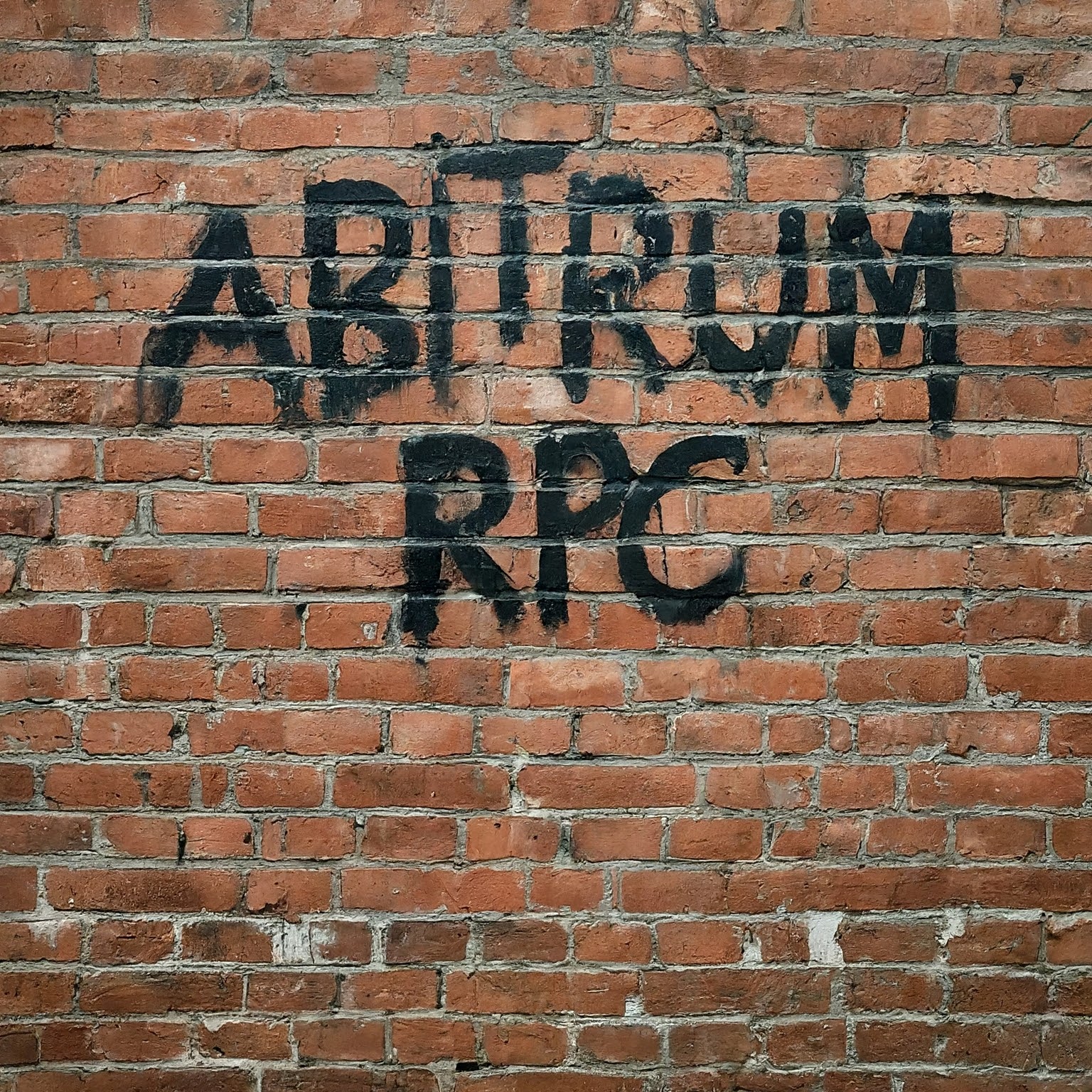

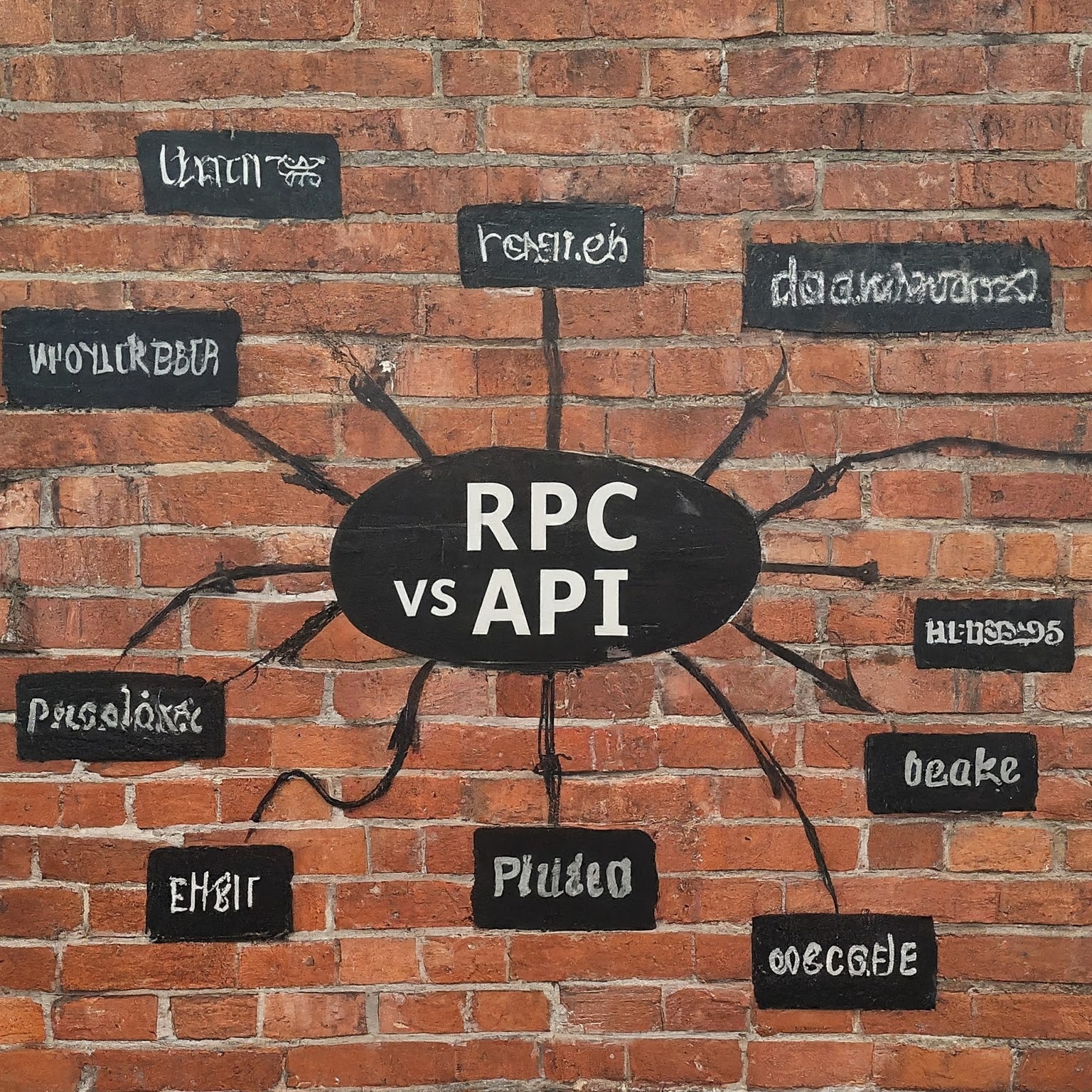
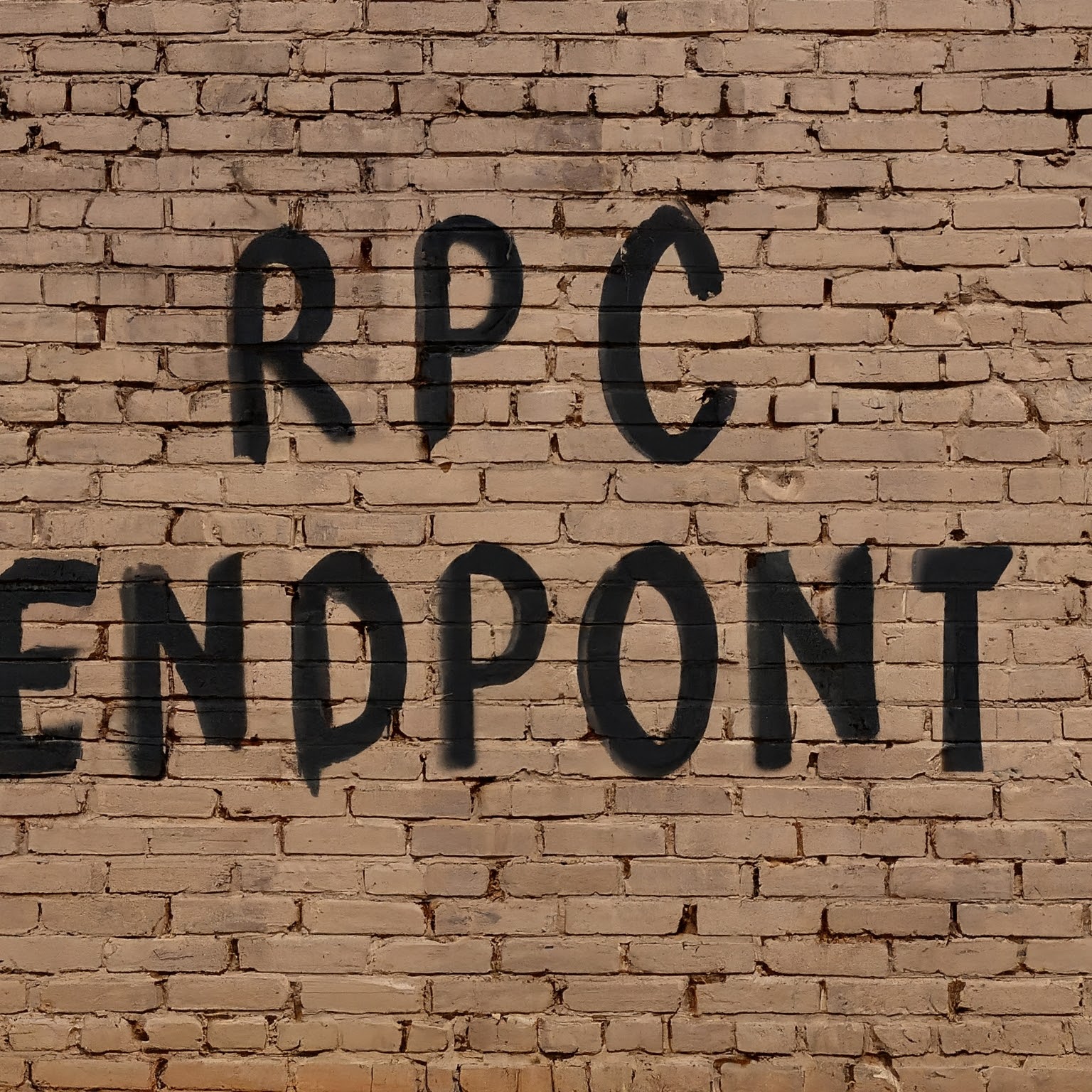
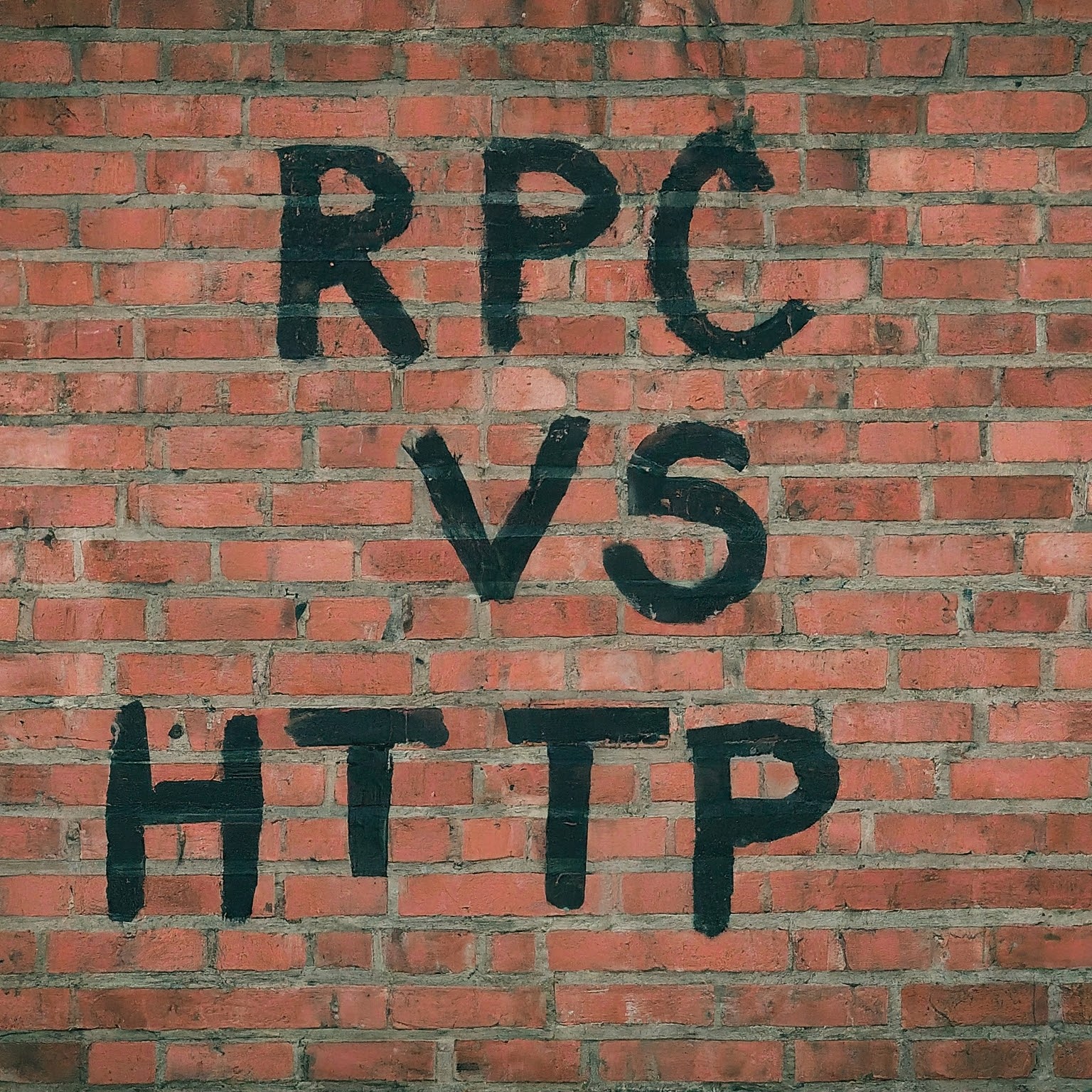



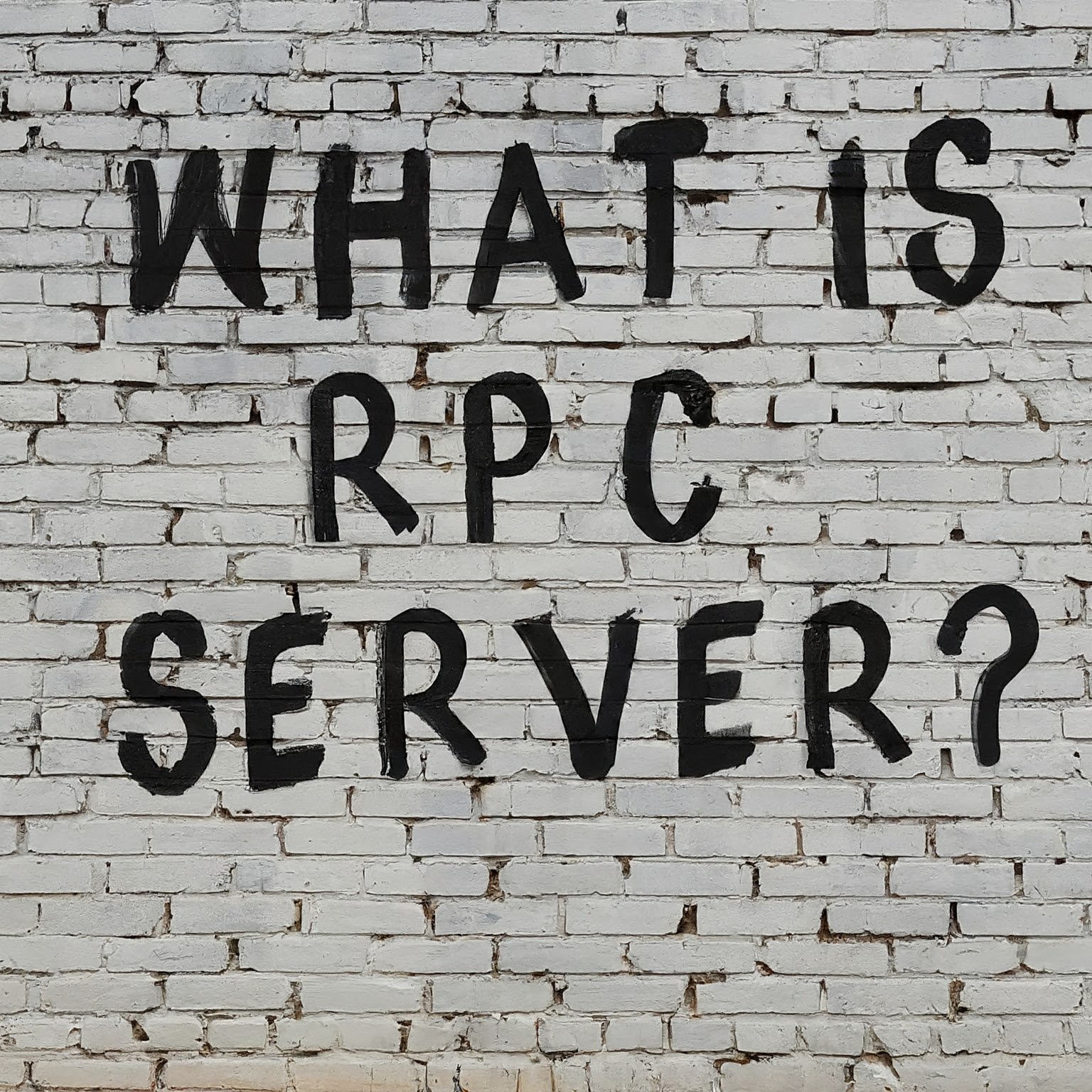
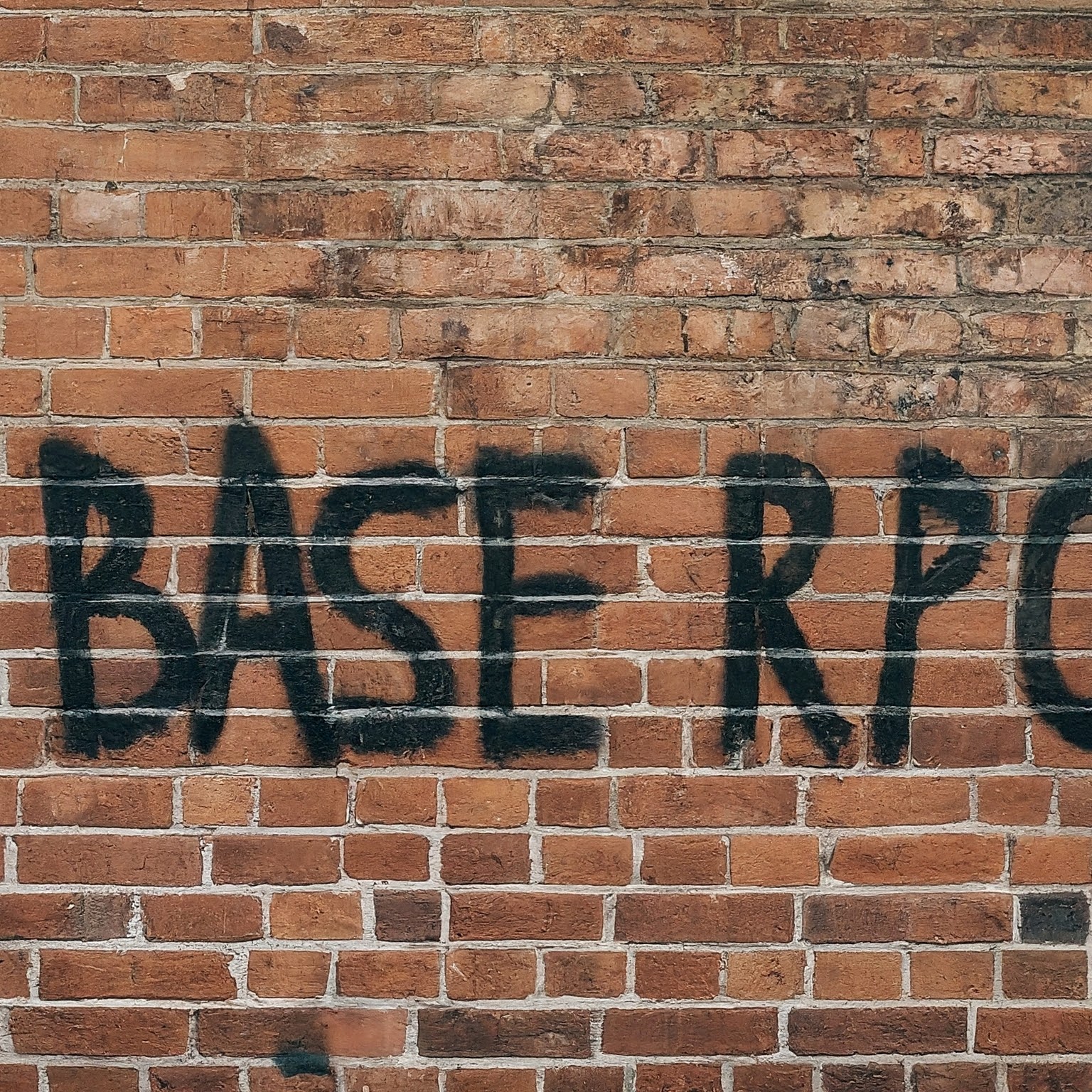
Leave a Reply
You must be logged in to post a comment.